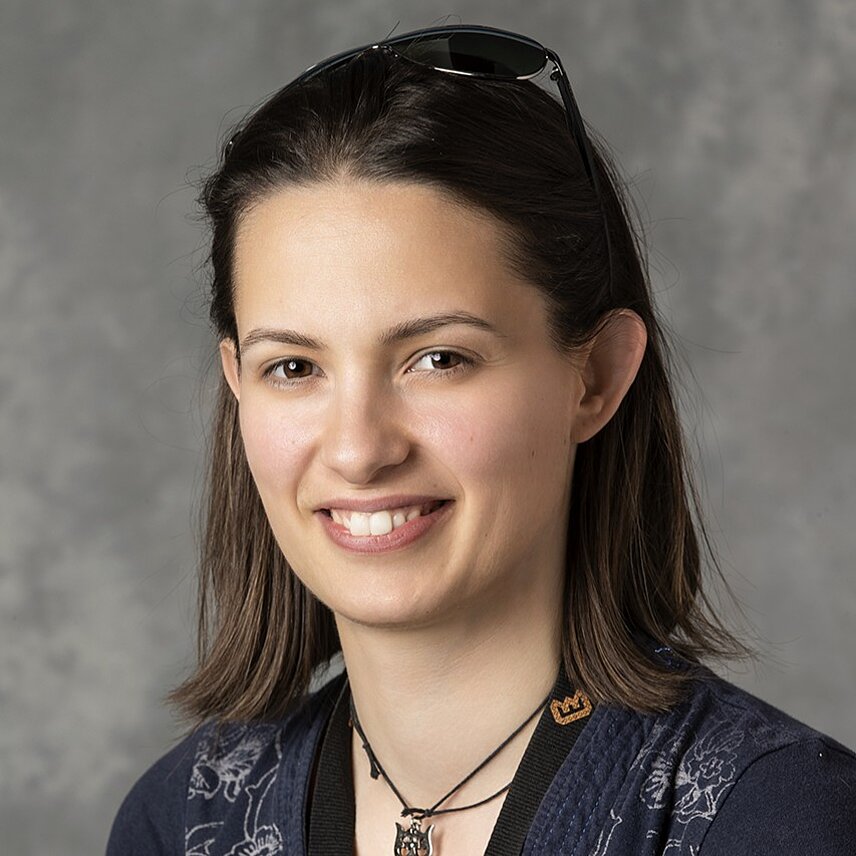06.10.2025
Giulia Barbareschi joins the UDE as RC Trust Professor for Inclusive Technology and Collective Engagement.
 Foto: Giulia Barbareschi
Foto: Giulia Barbareschi
Design with, not for
Inclusive Technology and Collective Engagement explores how technologies are adapted, developed, and appropriated in everyday life—especially by people and communities at the margins. The guiding idea is simple: inclusion is a driver of innovation. By working shoulder-to-shoulder with users, the chair identifies what already works on the ground, where barriers persist, and how co-designed solutions can scale responsibly across sectors.
From prototypes to public good
Projects reach beyond the lab to inform services and policy. Co-design and participatory methods make needs visible early; rigorous evaluation tracks impact beyond basic access metrics. This evidence helps decision-makers align standards, procurement, and governance—crucial when AI or other technologies enters public services and must perform fairly for everyone.
Better AI through human diversity
Many AI systems underperform for underrepresented users. The chair investigates why—dataset gaps, interaction pitfalls, sociotechnical constraints—and tests practical remedies: accessibility-first design, participatory data practices, and evaluation “in the wild.” The aim is AI that combines technical performance with real-world usability and trust, from assistive contexts to mainstream applications.
Learning by doing
Students join interdisciplinary teams that blend HCI, design research, and computer science. They learn field methods, creative prototyping, and responsible innovation—reimagining interactions that support expression, communication, mobility, and participation. Public engagement and science communication translate findings into accessible formats so communities, practitioners, and researchers can act on them.
A path shaped by practice
Dr. Giulia Barbareschi’s career spans disability innovation, assistive technology, HCI, and global development. Before joining University of Duisburg-Essen (UDE), she was a Senior Assistant Professor at the Keio School of Media Design in Yokohama (and had previously been a Research Fellow supported by the Japan Society for the Promotion of Science) and an Honorary Lecturer at both the Global Disability Innovation Hub and the UCL Interaction Centre. Earlier, she contributed to the UK Aid–funded AT2030 programme, from testing thermoplastic prosthetics to studying mobile phone use among visually impaired urban residents in the Global South. Trained as a physiotherapist in Italy, she completed a PhD at University College London on co-developing technologies to support wheelchair transfers and later contributed to WHO’s digital training for assistive technology provision.
What inspires her
Beyond the lab, Barbareschi’s motivation is grounded in curiosity, movement, and connection—she’s an avid hiker and long-time advocate for outreach and public engagement. That spirit of openness informs the chair’s work: research that listens first, builds together, and turns inclusive ideas into everyday realities.
Category
- Staff
- Inclusive Technology and Collective Engagement
- Data Science
- Psychology
- Artificial Intelligence